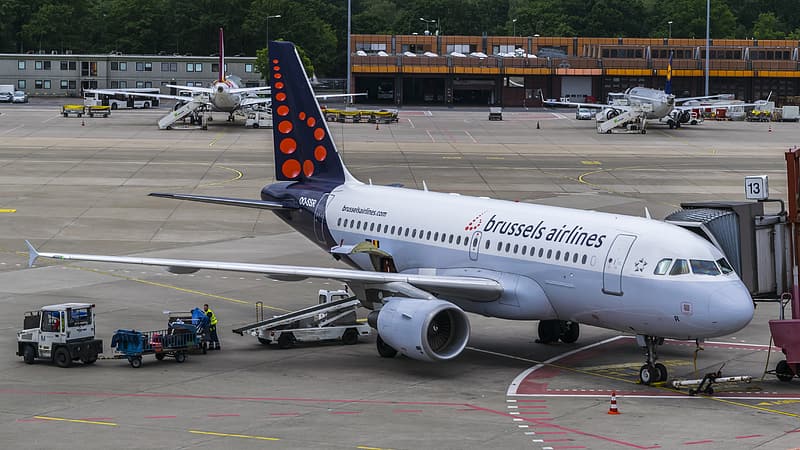Brussels Airlines hoped to climb back up to 40% of pre-crisis capacity by the end of September, but so far it has not managed to get past 23%, CEO Dieter Vranckx told L'Echo on Saturday.
After a “good summer," September is turning out to be “catastrophic” in terms of passenger traffic due to the increase in the number of countries and regions classified as red zones for the new coronavirus (Covid-19).
In July, planes were still operating at 60% of passenger capacity. Then came August, and the changes in colour codes, whose negative effects continue to be felt in September.
“Six weeks ago, we had planned to increase capacity in October and November from 35% to 40%, then from 40% to 45%,” Vranckx said in L’Echo. “Six weeks on, we need to reduce capacity once more since we’re no longer managing to fill planes.”
If September’s trend continues, Brussels Airlines will be forced to send more staff on temporary leave, he warned.
“It’s clear that the current system is not encouraging people to travel,” Vranckx said in La Libre Belgique.
Related News
- Brussels Airlines promises refunds by the end of October
- Brussels Airlines to require negative Covid test to fly without a mask
“In our mind, the quarantining of travellers coming back from certain countries upon their return to Belgium is too radical a measure.”
People returning from red zones are required to get tested for coronavirus and remain in quarantine for 14 days.
“We respect the Government’s decision, we follow the rules, but that blocks people at home and curbs any desire to travel, whether for business or leisure,” Vranckx added.
Brussels Airlines launched a restructuring operation last year, followed by a second in May 2020, prompted by the COVID-19 crisis, entailing the departure of a quarter of its staff (about 1,000 persons) and the reduction of its fleet.
“The restructuring we had planned, before the crisis, to implement in three years will have to be done in three months, because we do not have the luxury of waiting,” the CEO said. “The aim is to be 95% restructured by December 2020."
This would include the departure of 700 full-time equivalents, 60 of which would be outright layoffs.
The Brussels Times

